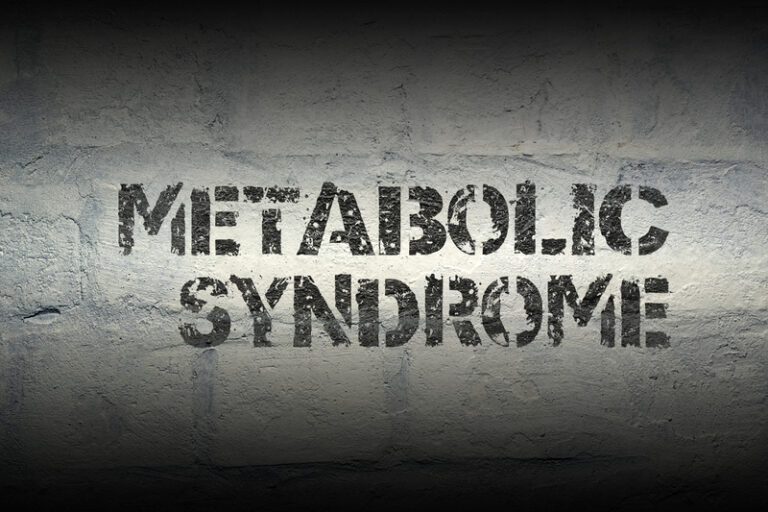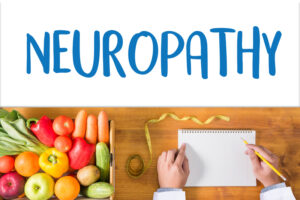Metabolic Syndrome is not a disease in-of-itself, but rather a cluster of health concerns that, as a combination, present as a potential risk factor for cardiovascular disease (CVD). Since first defined and published in 1998 by The World Health Organization (WHO), it has deservingly received much attention in the worlds of medical care and preventive care. Although the criteria differs from one agency to another, according to NCBI, US National Library of Medicine, National Institutes of Health, the four central components are insulin resistance, visceral adiposity, atherogenic dyslipidemia and endothelial dysfunction. Different medical institutes put different spins on their definition – some requiring Type II Diabetes, others central obesity, and others simply “insulin resistance” as the core definition, then require 2 of 4 other factors (hypertension being one of the 4) to make the diagnosis; there is general agreement as to these 4.
There are also co-findings of worth: systemic inflammation, poly-cystic ovarian syndrome, hypercoagulability, obstructive sleep apnea, microalbuminuria, fatty liver, cholesterol gallstones, and gout as major contenders. These are not diagnostic of metabolic syndrome, but have similar underlying mechanisms that are often found in combination with blood sugar and lipid imbalances.
When it comes to the lipid aspect of the diagnosis, this differs amongst institutions: some consider triglycerides (some point at levels above 150, others 177), some only consider it diagnostic if the HDL cholesterol is too low, others if LDL cholesterol is too high. Some look at arterial plaque as the diagnostic feature.
While all this can be helpful in sorting out if you are classified as having “metabolic syndrome”, the real question is “can I do anything about it?” Fortunately, the answer is a resounding “yes!” For every one of these conditions that you bring under control, your risk of CVD diminishes.
But “control” is the operative word. You can control the cascade of health problems by taking medications, or you can control your actions when it comes to foods and activity levels and clean up the health issues.
Not everything is under our control, but taking action on the things that are, go a long way in reversing the damaging effects of the conditions that make up metabolic syndrome.
Two things not so easy to control that contribute to metabolic syndrome is stress and significant genetic history. But even with those two, by being proactive, we can mitigate the negative effects on our body. Because most of the factors involve sugar, consuming the wrong fats and their metabolic use, there is much we can do to rectify damage already done and prevent a free-fall into the gulf of misery that this condition presents. Identifying what is going wrong in the first place is the first piece of investigative work that needs to be done. Then, putting together a comprehensive treatment program that allows lifestyle changes that are doable for a busy life is the other necessary piece.
©2019 Holly A. Carling, O.M.D., L.Ac., Ph.D.







